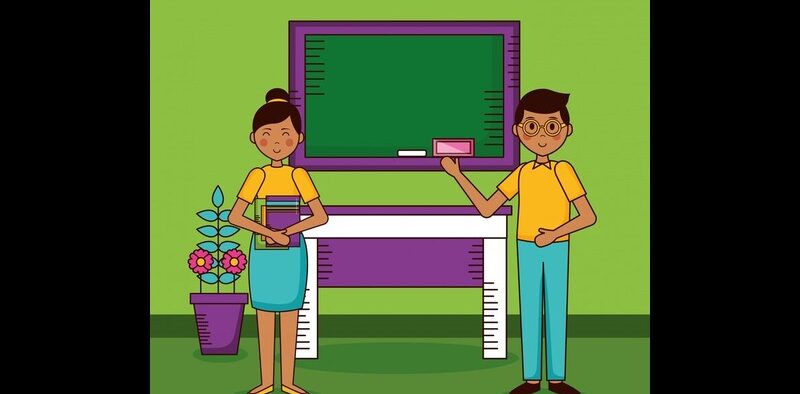Panel Backs Continuation Of BElEd Teacher Programme
Share

A parliamentary panel has recommended that the Bachelor of Elementary Education (BElEd) program, a four-year degree in elementary teacher education, should continue. This comes despite a proposal from the National Council for Teacher Education (NCTE) to end it starting in the 2026-27 academic year. In its report to Parliament last Friday, the Parliamentary Standing Committee on Education, Women, Children, Youth and Sports, led by Congress leader Digvijaya Singh, criticized the NCTE’s plan. They described it as a “short-sighted approach” that could undermine a successful and well-regarded program rather than improve and expand it to meet the growing demand for qualified elementary school teachers across India.
The BElEd program, introduced in 1994-95, aims to train teachers for classes 1 to VIII. It is known for its research focus and socially relevant teaching methods. Over its 30-year history, it has earned a reputation for quality teacher preparation, especially for working effectively with urban poor and rural students. However, the NCTE’s recent draft regulations set new norms for teacher education programs and included a provision to phase out BElEd by 2026-27. Under this plan, institutions that offer BElEd would have to switch to the new Integrated Teacher Education Program (ITEP), which is set to replace it.
The Union Education Ministry’s Department of School Education and Literacy informed the committee that BElEd requires 16 faculty members for a batch of 50 students, which they noted is a high staffing requirement. In contrast, ITEP only needs nine faculty for the same number of students, making it more efficient administratively. The department also pointed out that, even after three decades, the program has not expanded widely and is currently available in only 99 institutions, mainly in Delhi and Uttar Pradesh. They mentioned that the limited reach of the course has been a challenge, and the proposal for its discontinuation is under review, with the government yet to reach a final decision.
Despite these challenges, the parliamentary committee has urged the NCTE to rethink its position. They suggested that instead of ending BElEd, the council should improve the curriculum and encourage more institutions to adopt it. The panel argued that the program’s “established history and expertise” represent a valuable asset. They also noted that the faculty, infrastructure, and knowledge developed for BElEd over the past three decades should be maintained and used. The committee proposed that states be allowed to keep the program in their institutions and that it could also be offered in more colleges as part of the ITEP, blending innovation with continuity.
The report also stressed the need for a thoughtful and inclusive process before making significant changes to teacher education. Since education falls under the concurrent list of the Constitution, the committee recommended that the Department of School Education and Literacy hold extensive discussions with state governments before finalizing any decisions on restructuring teacher education programs. Such talks, they believed, would ensure that regional educational needs and institutional capacities are considered.
The plan to discontinue the BElEd program has faced backlash from the global academic community. In April 2025, several prominent education scholars worldwide, including Professor Michael Apple from the University of Wisconsin, Professor William Pinar from the University of British Columbia, and Professor Robin Alexander from the University of Cambridge, wrote to Union Education Minister Dharmendra Pradhan. In their letter, they urged him to retract the plans to phase out the course, emphasizing its international recognition and value as a model for teacher preparation.
By supporting the continuation of BElEd, the parliamentary panel has reignited the debate over the future of teacher education in India. The disagreement centers on conflicting priorities: the NCTE’s focus on streamlining structures and efficiency through the ITEP versus the committee’s commitment to preserving a proven, research-driven, and socially impactful program. The coming months will likely decide whether BElEd will continue as an independent course, integrate into the new teacher education framework, or be phased out gradually. For now, the panel’s recommendations have rekindled hope among supporters that it may continue to shape the training of elementary teachers for years to come.







